Chess is a battle of wits, a mastery of strategic thinking, and an arena where real dramatic moments are played out. Chess tournaments are a place where the best of the best meet to find out who is the strongest. In this article, we will examine in detail the most prestigious competitions, their history, structure and unique features.
The main chess tournaments of the world
The culmination of the art of chess. The first World Championship took place in 1886, and since then it has become the most important event in the industry. Its winners – such great names as Garry Kasparov, Anatoly Karpov and Magnus Carlsen – have left their mark on the history of chess. The competition is held on a match between the current champion and the challenger, who is determined by the results of qualifying matches.
Famous chess players and their achievements:
- Garry Kasparov. The 13th world champion, who held the title from 1985 to 2000. Known for his outstanding strategic decisions and long period of dominance in the chess world.
- Anatoly Karpov. The 12th World Champion, known for his positional style of play and ability to control every detail on the board. He held the title from 1975 to 1985.
- Magnus Carlsen. The current World Champion, known for his versatility and powerful play in any phase of the game. Carlsen became World Champion in 2013 and continues to hold the title.
- Bobby Fischer. The 11th World Champion, won the title in 1972, defeating Boris Spassky. Known for his unique style and deep understanding of the game.
- Mikhail Botvinnik. Three-time World Champion, known as one of the founders of the Soviet chess school. Successfully defended the title in the 1950s and 1960s.
- Viswanathan Anand. Indian Grandmaster and 15th World Champion, the first Asian player to achieve such a feat. He held the title from 2007 to 2013 and is known for his fast play and tactical flexibility.
The World Championship is held in a knockout or round robin format, depending on the format. In recent years, the chess tournament has attracted the attention of millions of viewers around the world, as every decision on the board can affect the outcome of the entire match. Chess championships have become a true cultural icon and a dream of any grandmaster.
Chess Leagues: Top League or Challenge League?
There are various leagues, each with its own specifics and system. The most famous are the Chess Champions League and the Challenge League, which operate at the level of countries and continents. They usually consist of several divisions, and teams compete against each other throughout the season to improve their rank and get into a higher one.
Leagues give competitions a regular character and give participants the opportunity to show consistent results throughout the year. The German Chess Bundesliga attracts strong players from all over the world, and its competitions are held in the best halls of Berlin and Munich. In 2019, the German Chess Bundesliga set a record for the number of participants – more than 300 chess players took part in the tournament, including such grandmasters as Fabiano Caruana and Viswanathan Anand. The format often varies, from team meetings to individual competitions.
Types of chess tournaments and their features
 Traditional Chess Tournaments
Traditional Chess Tournaments
Classical formats include such well-known formats as round robin and Swiss. The round robin format means that each participant plays against each other, which is ideal for identifying the strongest chess player. One of the most famous competitions of this format was in Wijk aan Zee, Netherlands. It has been held annually since 1938 and brings together the best players in the world.
The Swiss system, in turn, is popular due to its flexibility – participants with the same results play against each other, which allows for the most fair distribution of places. This format is used, for example, at the World Chess Olympiad, which is held every two years and brings together hundreds of teams from all over the world.
Rating chess tournaments
An important part of the chess career of any professional. Such competitions, as a rule, affect the player’s position in the international FIDE rating. One of the largest rating tournaments is the Tal Memorial, which is held in Moscow and attracts the elite of world chess. The importance lies in the fact that it is these competitions that allow chess players to rise in international rankings and receive invitations to prestigious competitions.
How chess tournaments are held in Russia and around the world
Chess tournaments in Russia
Chess has always occupied a special place in Russia, and many prestigious competitions are held here. One of the most significant is in Moscow, the event annually brings together grandmasters from all over the country. Russia also hosts the Russian Chess Championship, which is one of the most difficult national championships in the world due to the high level of competition.
Russia regularly holds children’s and youth chess tournaments that help to identify new talents. These competitions are held in cities such as St. Petersburg, Kazan and Sochi. The competitions use the Swiss system, and the winners receive not only medals, but also the opportunity to study with the best coaches in the country.
Tournaments in the world
There are many competitions in the international arena, each of which has its own unique features. The Gibraltar Chess Festival is considered one of the most prestigious open tournaments, with both grandmasters and amateurs taking part. It attracts attention due to its huge prize fund – more than 200,000 pounds sterling.
Also worth noting is the Sinquefield Cup, which is held in the USA and is part of the Grand Chess Tour series. The tournament brings together 10 of the world’s best chess players, and its format includes both classical games and rapid chess. Every year it becomes an arena for real chess battles, and the winner leaves with a solid prize fund.
Competition formats:
- Round-robin. Everyone plays everyone, ideal for determining the true champion.
- Swiss system. Participants with the same results meet each other, ensuring a fair distribution of places.
- Knockout system. The loser is eliminated until one winner remains.
- Team tournaments. Competitions between teams, such as the World Chess Olympiad.
- Blitz and rapid. Fast chess, where only a few minutes are given for a game, is popular at festivals and exhibition tournaments.
Conclusion
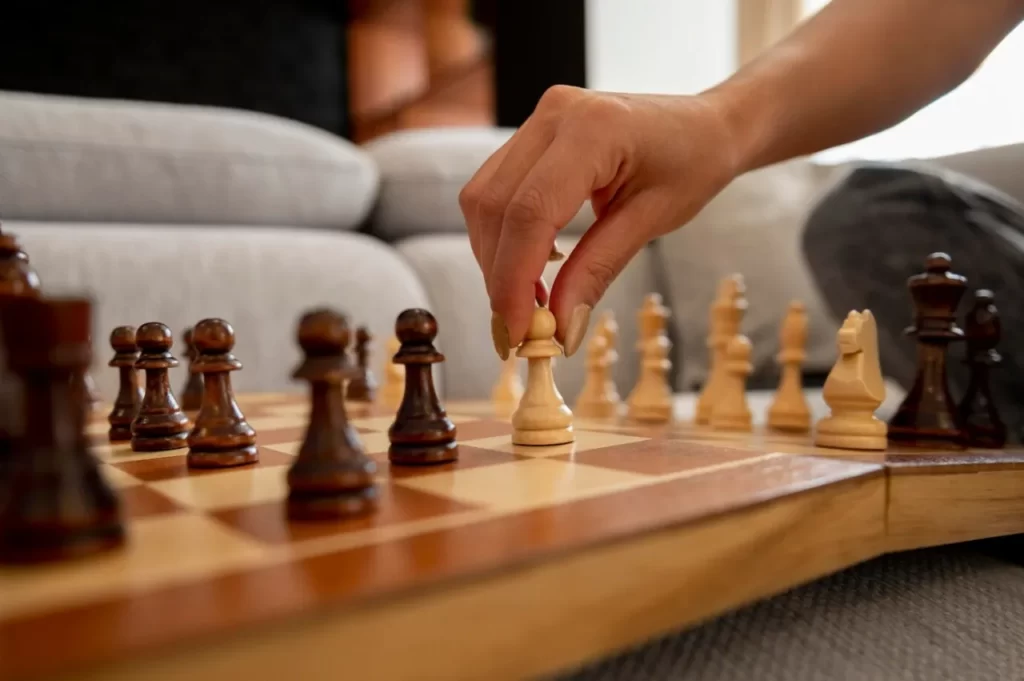 Chess tournaments are a true celebration of intelligence and strategy. Whether you play or simply watch the games, chess always gives unforgettable emotions and inspires you to develop your own skills. Try your hand at local meetings, and perhaps one day you will become a participant in one of the most prestigious tournaments in the world.
Chess tournaments are a true celebration of intelligence and strategy. Whether you play or simply watch the games, chess always gives unforgettable emotions and inspires you to develop your own skills. Try your hand at local meetings, and perhaps one day you will become a participant in one of the most prestigious tournaments in the world.


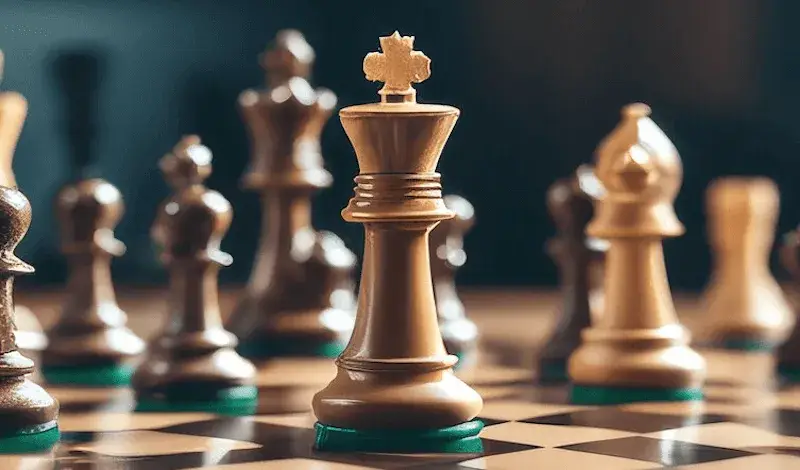 Traditional Chess Tournaments
Traditional Chess Tournaments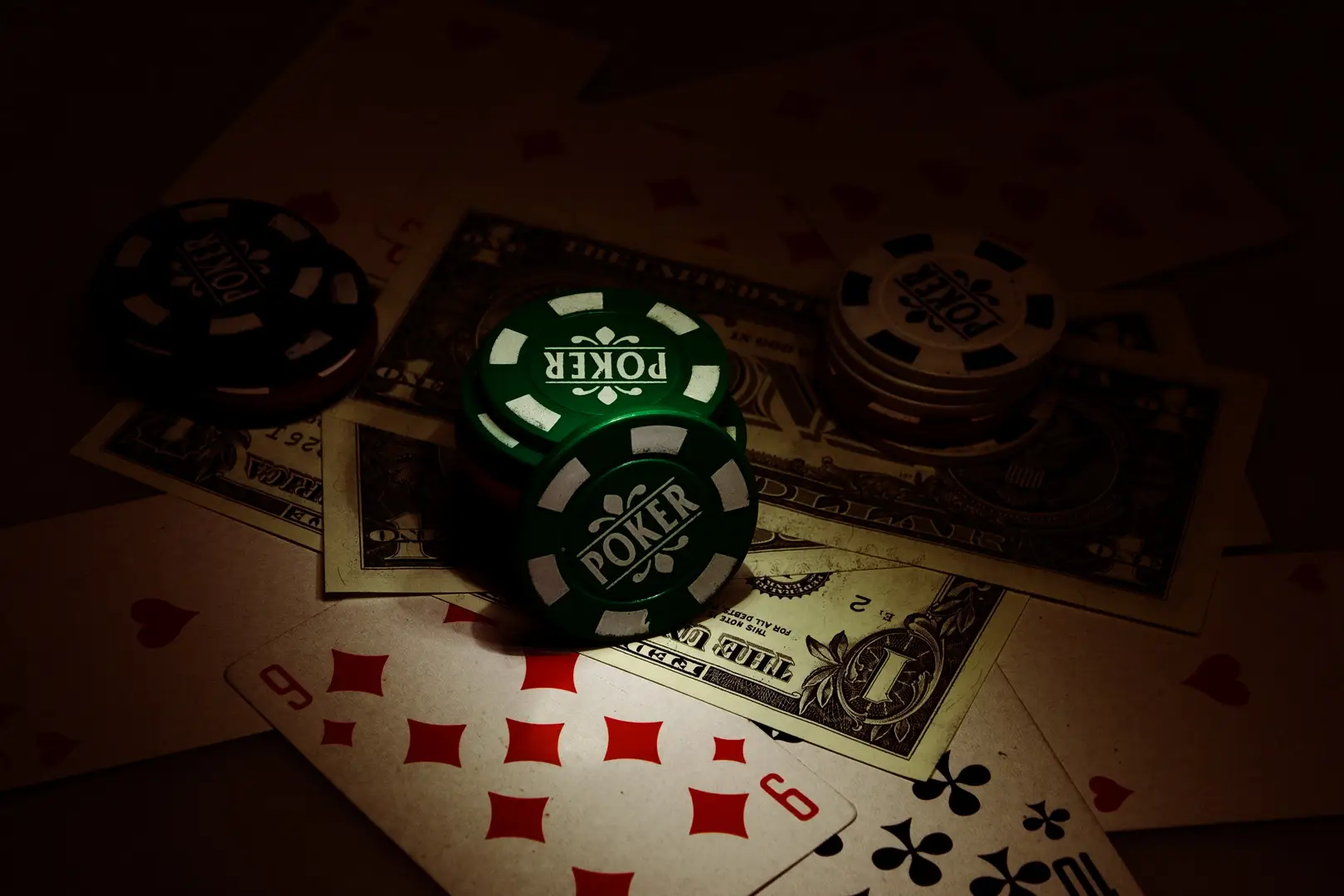
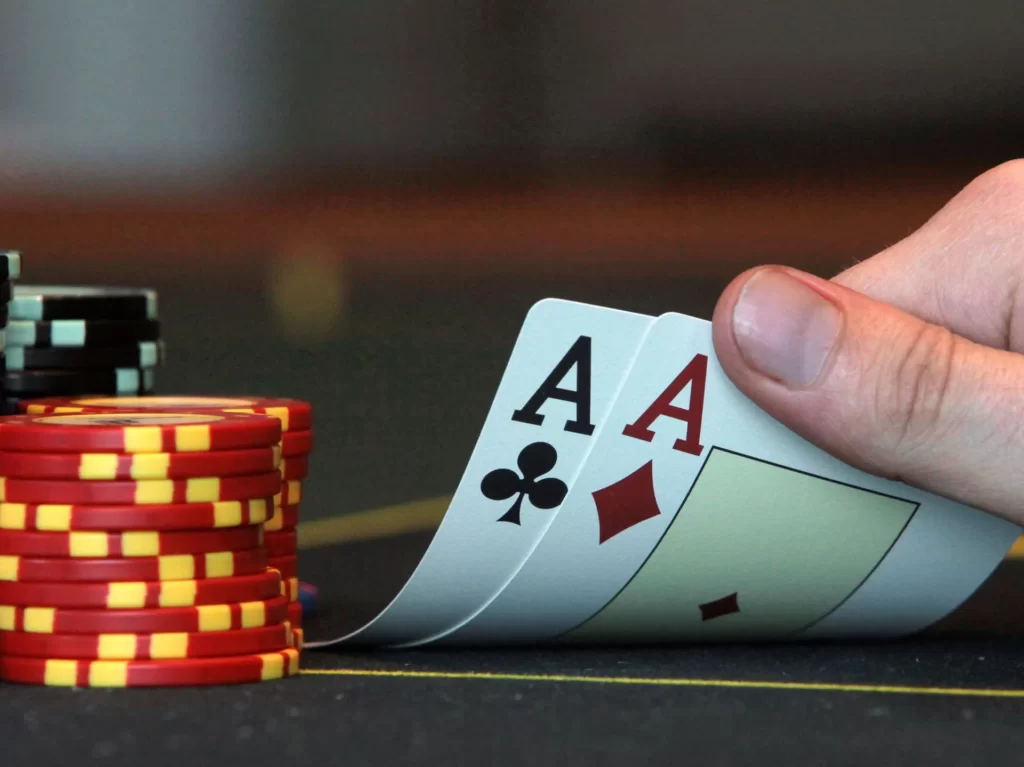 Big tournaments like the World Series of Poker (WSOP) played a key role in the transformation. The first WSOP was held in 1970 at Binion’s Horseshoe Casino in Las Vegas and brought together some of the most famous players of the time. The competition was conceived by Benny Binion as a way to determine who the best players were through a series of matches. Over time, the WSOP became not only a prestigious event, but also the platform on which poker made history on the world stage.
Big tournaments like the World Series of Poker (WSOP) played a key role in the transformation. The first WSOP was held in 1970 at Binion’s Horseshoe Casino in Las Vegas and brought together some of the most famous players of the time. The competition was conceived by Benny Binion as a way to determine who the best players were through a series of matches. Over time, the WSOP became not only a prestigious event, but also the platform on which poker made history on the world stage.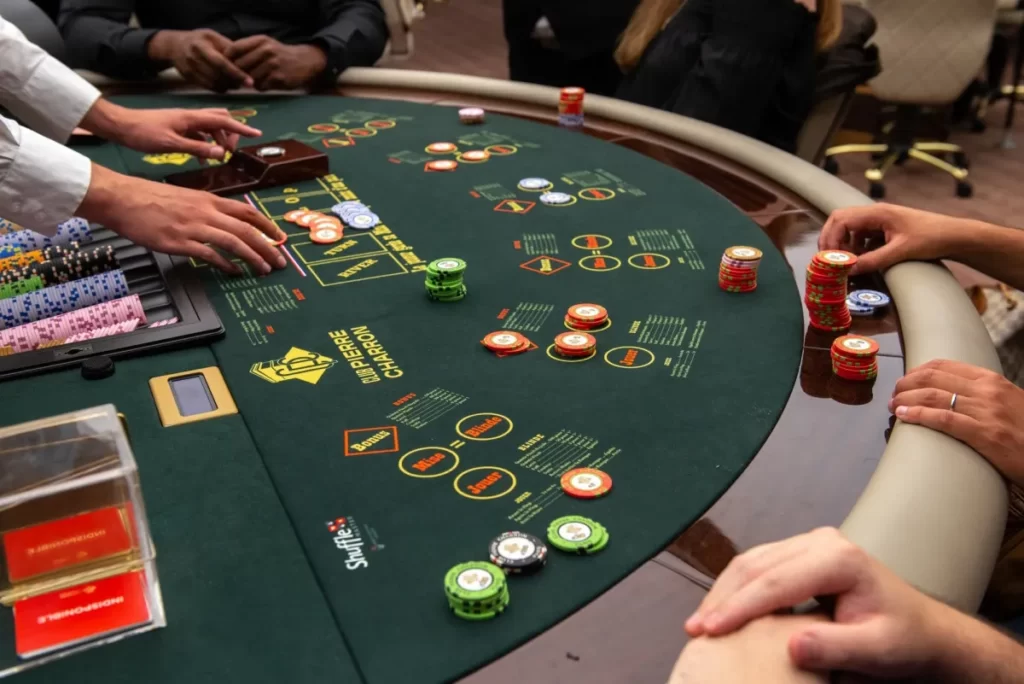 The history of poker is a journey from a game of chance and risk to an intellectual discipline requiring skill, analysis and in-depth strategy. The transition from entertainment to sport was made possible by the efforts of professional players, the support of the media and the popularisation of tournaments around the world.
The history of poker is a journey from a game of chance and risk to an intellectual discipline requiring skill, analysis and in-depth strategy. The transition from entertainment to sport was made possible by the efforts of professional players, the support of the media and the popularisation of tournaments around the world.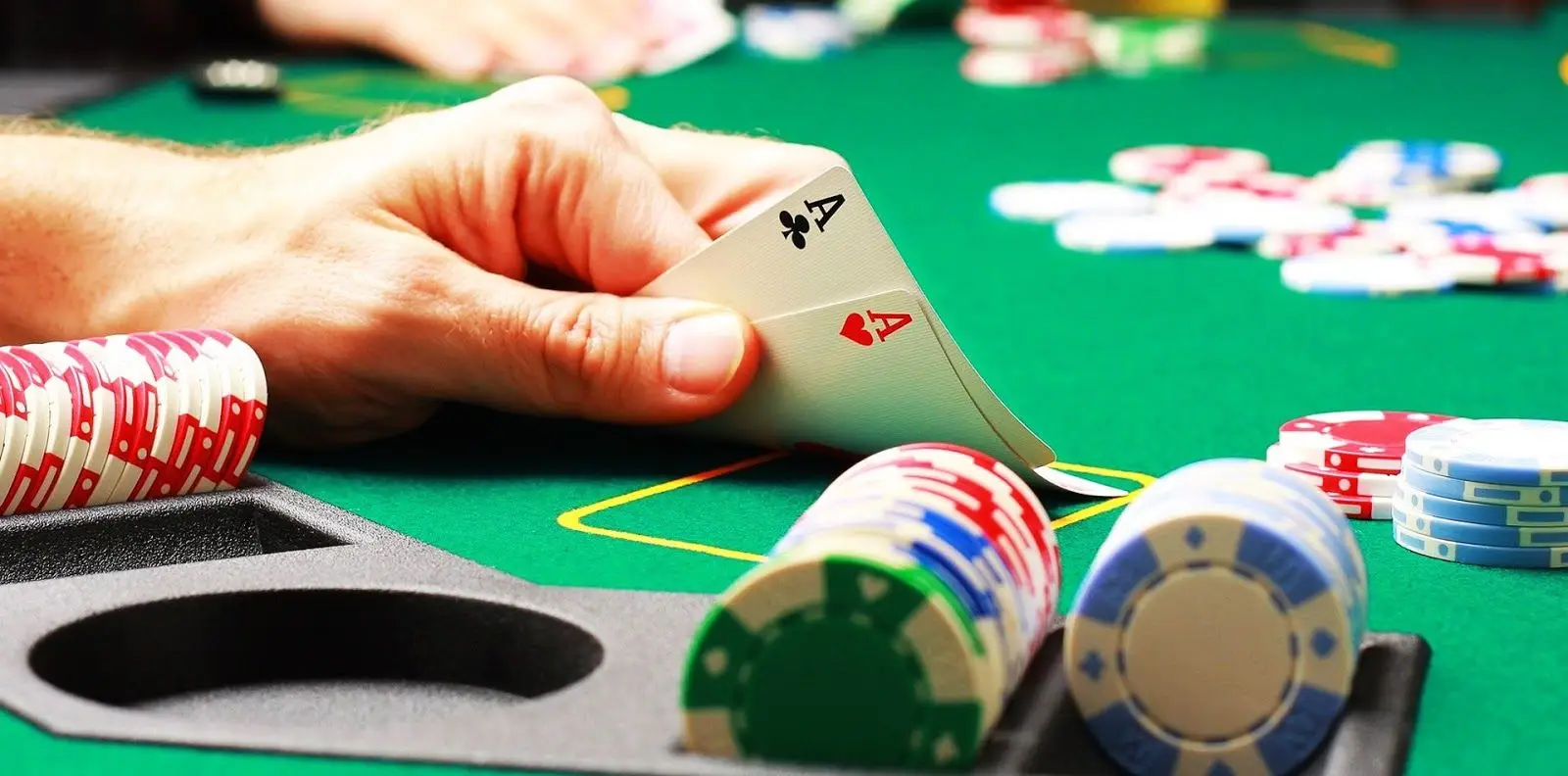
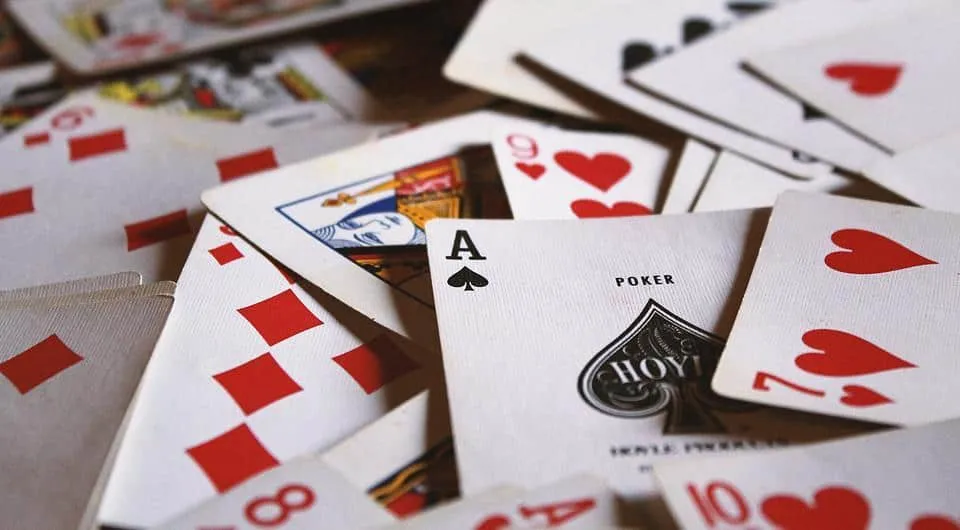
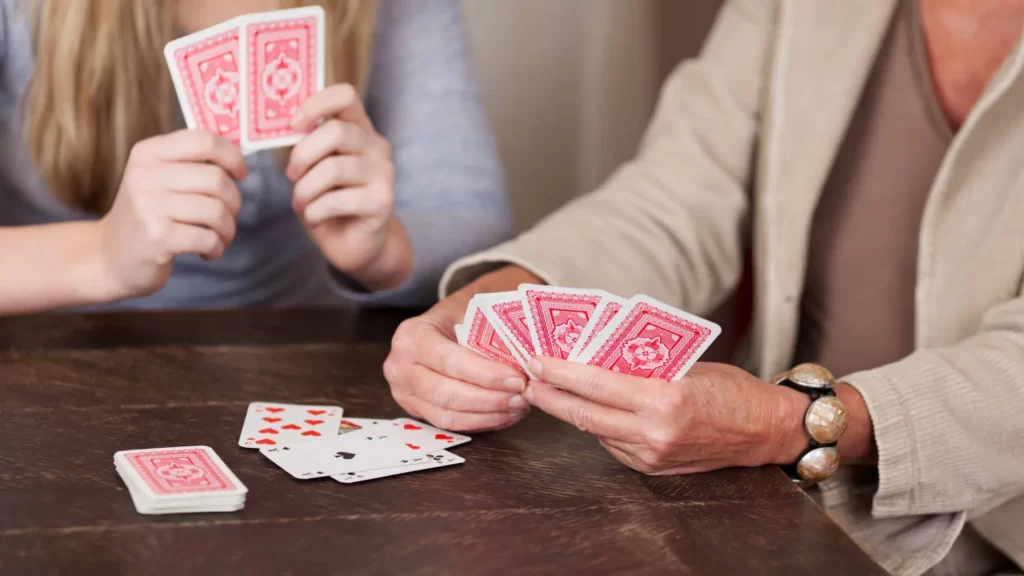 Each of the disciplines discussed – poker, rummy and bridge – has unique elements that make them sporting card games. They are more than games of chance: they are disciplines that require in-depth knowledge, strategic thinking and mental fortitude. They have become a real test for those willing to take risks and test their skills at the highest level.
Each of the disciplines discussed – poker, rummy and bridge – has unique elements that make them sporting card games. They are more than games of chance: they are disciplines that require in-depth knowledge, strategic thinking and mental fortitude. They have become a real test for those willing to take risks and test their skills at the highest level.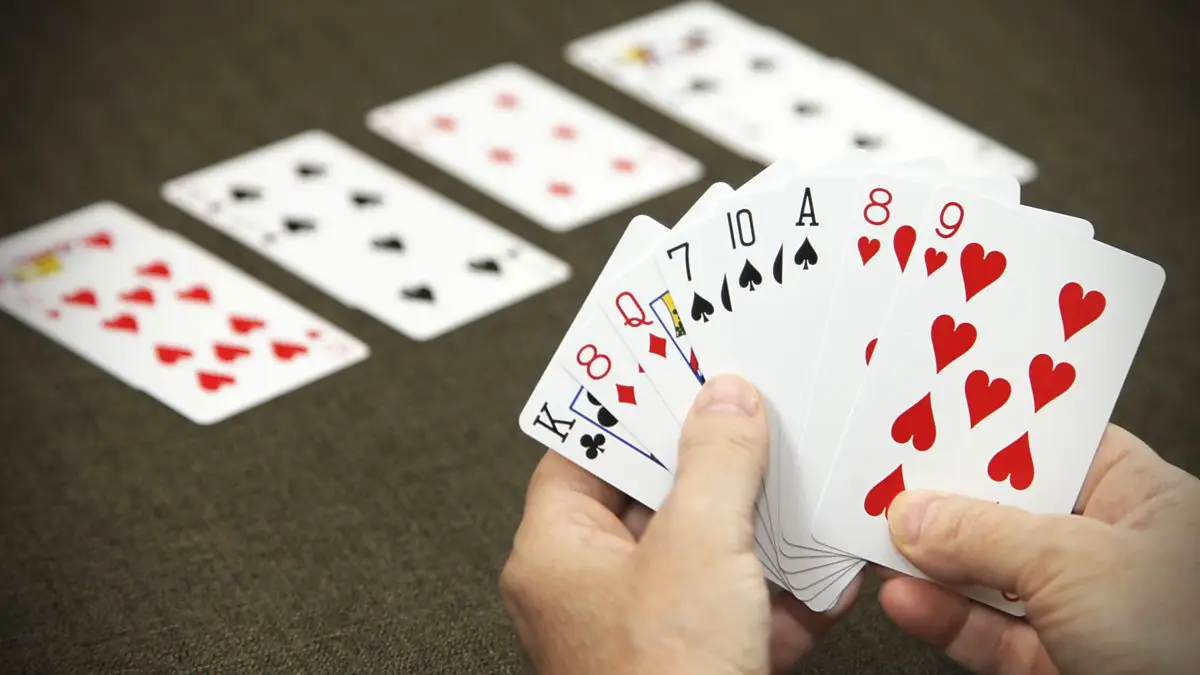
 The session consists of four people divided into two teams of two. The pairs sit opposite each other and are each dealt 13 cards from a 52-card deck. The rules of sports bridge require the full use of all cards in play, making each game unique and unpredictable.
The session consists of four people divided into two teams of two. The pairs sit opposite each other and are each dealt 13 cards from a 52-card deck. The rules of sports bridge require the full use of all cards in play, making each game unique and unpredictable.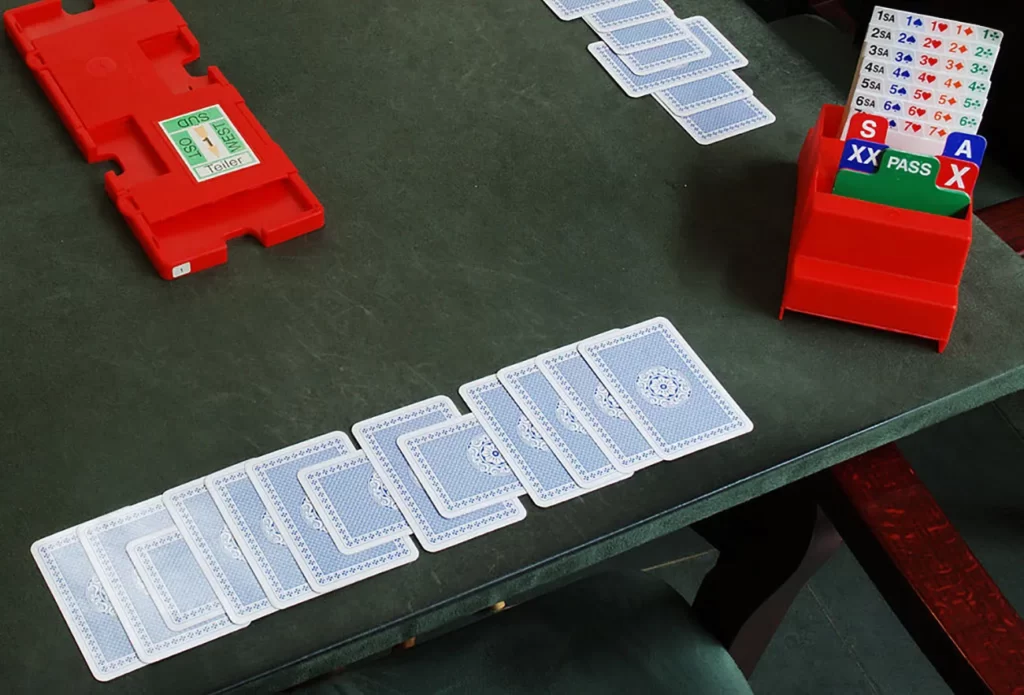 The rules of sports bridge are within the reach of anyone willing to spend some time learning and practising. The game can not only develop strategic thinking, but also give you lots of bright emotions and new friends. Start small: find the nearest club or try playing online, you will feel how exciting this intellectual journey can be.
The rules of sports bridge are within the reach of anyone willing to spend some time learning and practising. The game can not only develop strategic thinking, but also give you lots of bright emotions and new friends. Start small: find the nearest club or try playing online, you will feel how exciting this intellectual journey can be.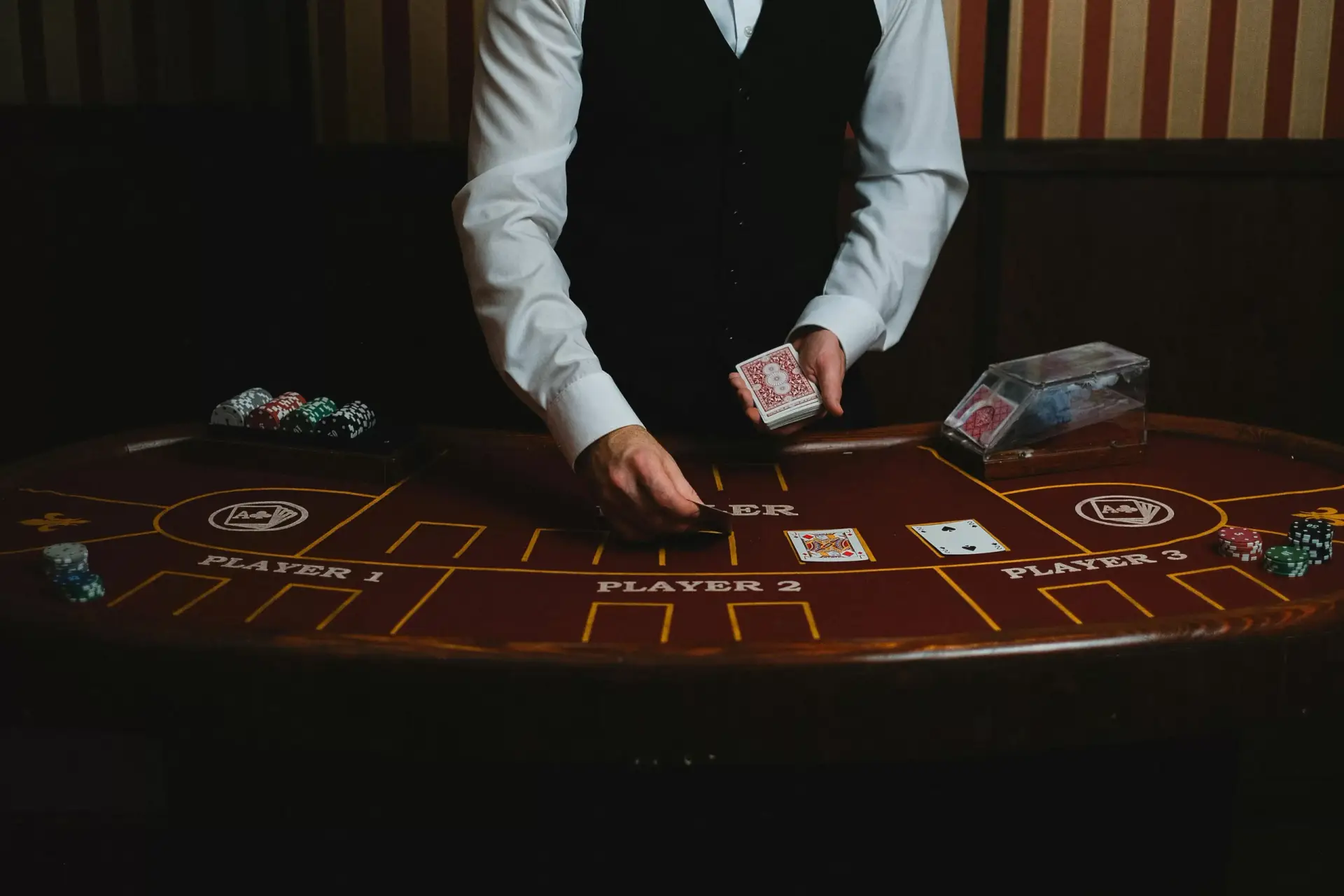
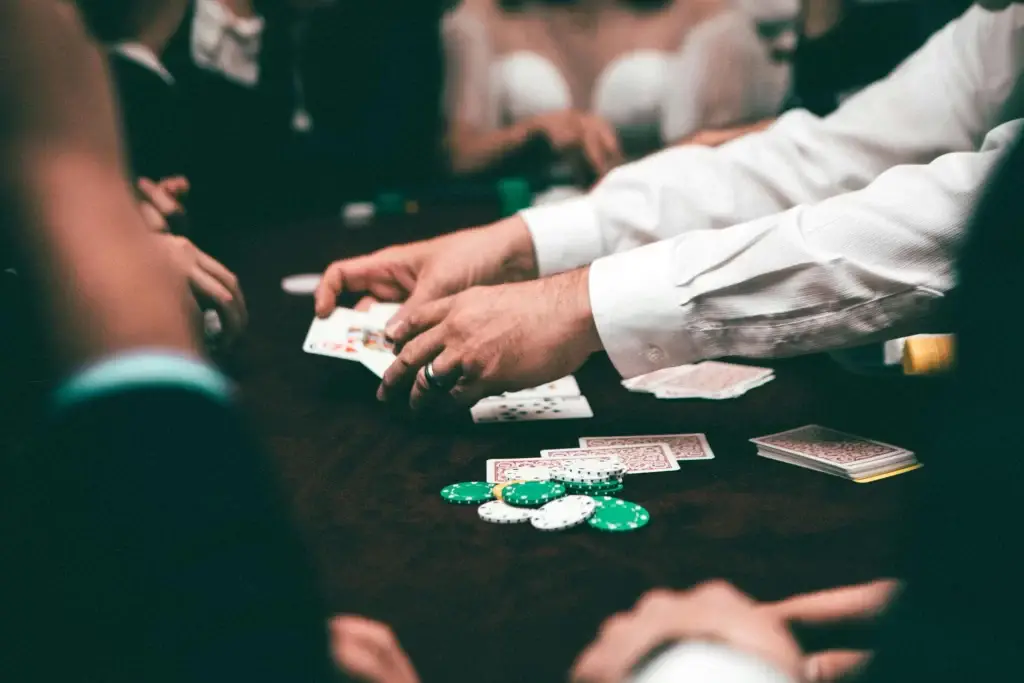 Card games are perceived differently in different countries. In Russia, for a long time, the discipline was considered exclusively gambling entertainment, prohibited and often associated with illegal activities. However, the situation began to change in 2007, when the discipline received the status of an intellectual game, comparable to chess, and became an officially recognized sport. This was a big victory for Russian fans. However, in 2009, the card table was again excluded from the register in Russia, which led to another round of debate on the topic: is poker a sport or not.
Card games are perceived differently in different countries. In Russia, for a long time, the discipline was considered exclusively gambling entertainment, prohibited and often associated with illegal activities. However, the situation began to change in 2007, when the discipline received the status of an intellectual game, comparable to chess, and became an officially recognized sport. This was a big victory for Russian fans. However, in 2009, the card table was again excluded from the register in Russia, which led to another round of debate on the topic: is poker a sport or not.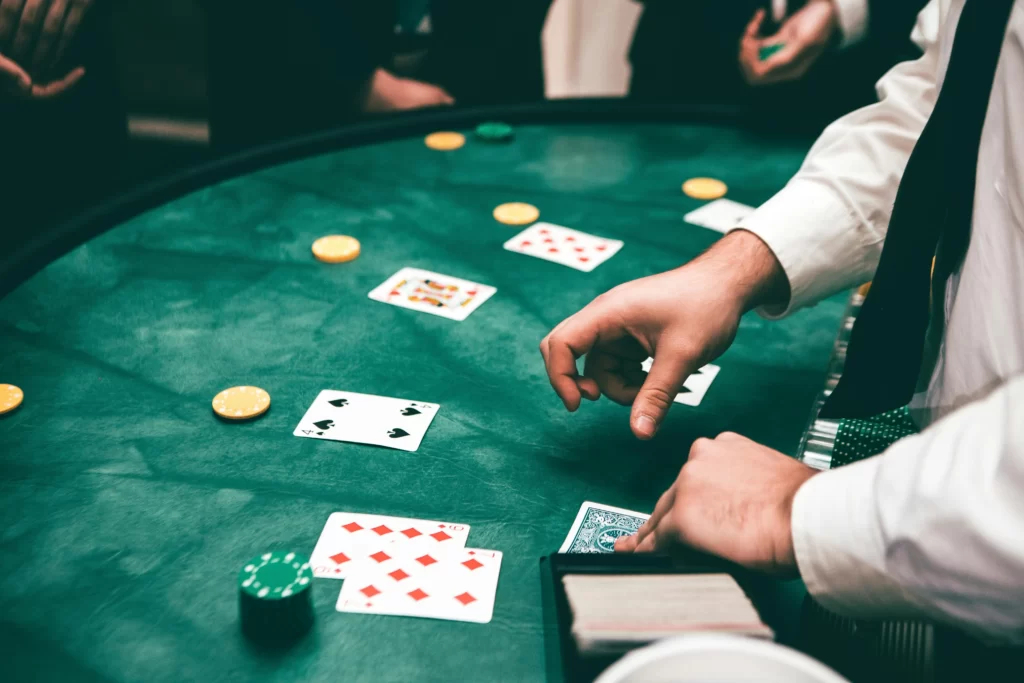 So, is poker a sport or a game of chance? On the one hand, there are all the elements that are inherent in sports: competition, training, strategic thinking. On the other hand, you can not exclude the element of luck, which will always accompany any card combination. As practice shows, poker is first of all a test of mind and character, requiring great dedication and ability, which makes it closer to sport than to gambling.
So, is poker a sport or a game of chance? On the one hand, there are all the elements that are inherent in sports: competition, training, strategic thinking. On the other hand, you can not exclude the element of luck, which will always accompany any card combination. As practice shows, poker is first of all a test of mind and character, requiring great dedication and ability, which makes it closer to sport than to gambling.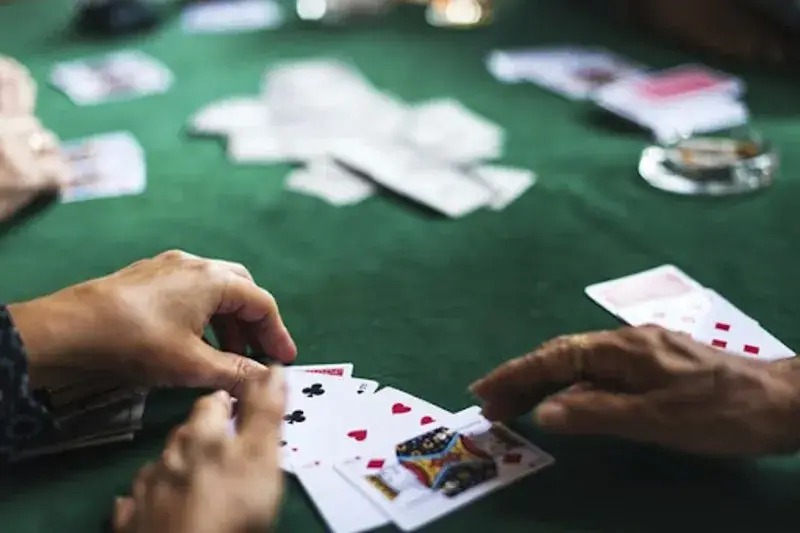
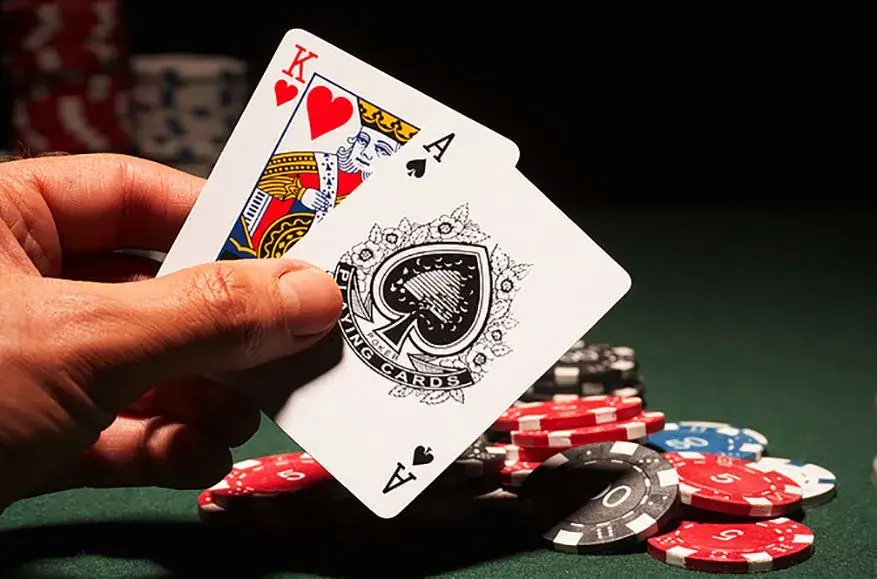 An old card game in which four players are divided into two teams and compete against each other, using strategy and communication to achieve the best result. It is not only individual mastery that is important here, but also a deep understanding between partners. It is the team aspect that makes bridge unique among other card games. International bridge tournaments bring together the best players from all over the world, and the game itself is included in the program of many sports federations.
An old card game in which four players are divided into two teams and compete against each other, using strategy and communication to achieve the best result. It is not only individual mastery that is important here, but also a deep understanding between partners. It is the team aspect that makes bridge unique among other card games. International bridge tournaments bring together the best players from all over the world, and the game itself is included in the program of many sports federations.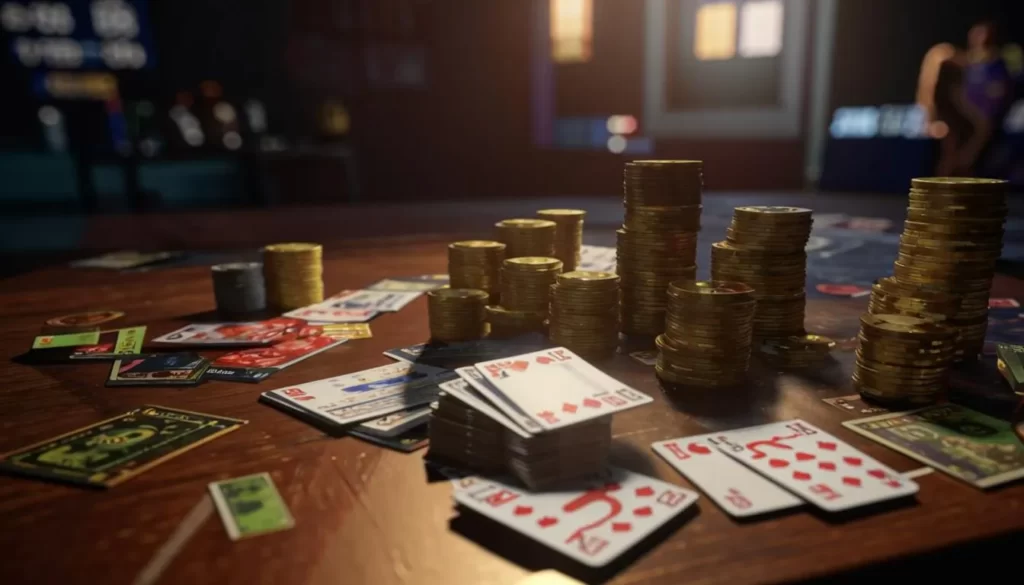 Poker, bridge, mahjong, kyogi-karuta – they all represent different facets of card games, each unique in its own way. They require attention, concentration and skill, which turns them into full-fledged sports disciplines. To try your hand at one of these games is to plunge into a world where every move matters and every game is a challenge not only to your opponent, but also to yourself.
Poker, bridge, mahjong, kyogi-karuta – they all represent different facets of card games, each unique in its own way. They require attention, concentration and skill, which turns them into full-fledged sports disciplines. To try your hand at one of these games is to plunge into a world where every move matters and every game is a challenge not only to your opponent, but also to yourself.





